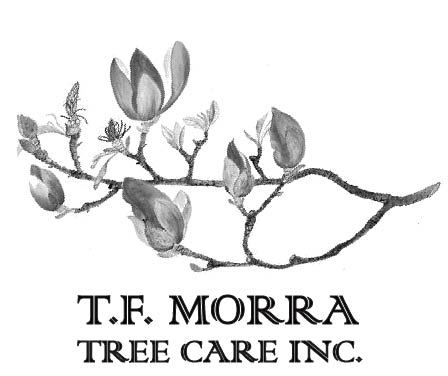Warm winter, wild and wacky spring!
/As we move from a record setting warm winter into a tumultuous spring, there a lots of curveballs happening in nature right now! A couple to focus on for your landscape are winter injury to sensitive evergreens and how the weather has affected tree and landscape pests. The warm temps over the winter kept many evergreen plants moving water when that process should have been slowed or even stopped at times. The result is excessive transpiration leading to desiccation (drying out), and this leads to winter injury. Bamboo and boxwood are two that took it the worst. Be sure to water these plants, and an organic fertilizer is also not a bad idea!
The warm winter has mixed effects on tree and landscape pests, but many such as hemlock wooly adelgid (HWA) and wood/deer ticks tend to thrive without the harder frosts. As of today, most winter moth larvae have hatched, but yesterday's storm and tonight's record low temps will kill any that have not made it into open buds, so that's great news! The bad news is that for fruit trees, tonight's record lows may kill any opened flower buds which could hurt fruit production. We will be starting tick control, soil injections for winter moth and fertilization in the next few days, and spraying should begin next week. Check back for updates as the season progresses!

